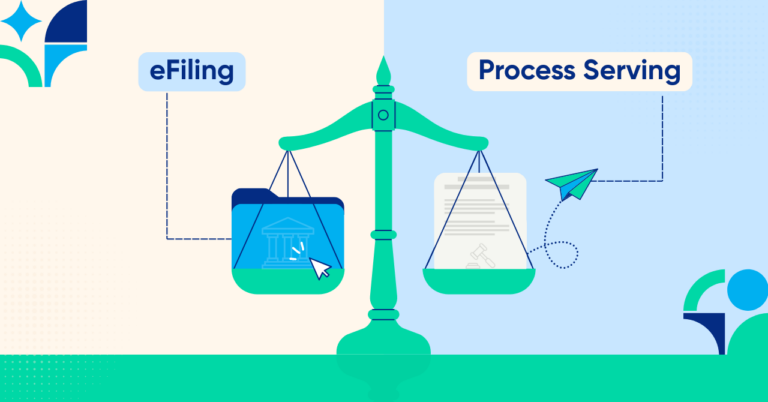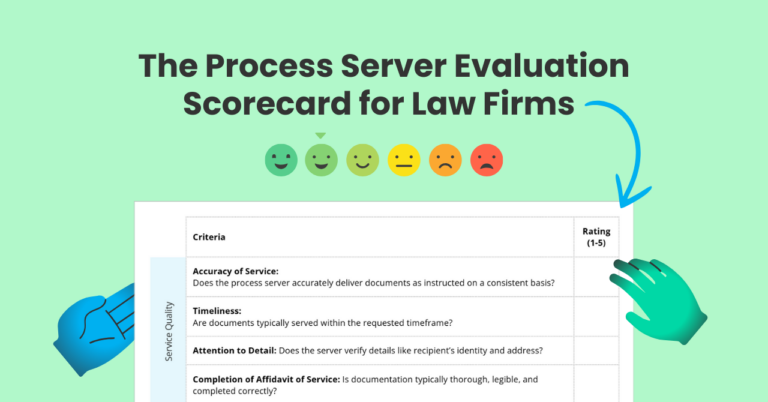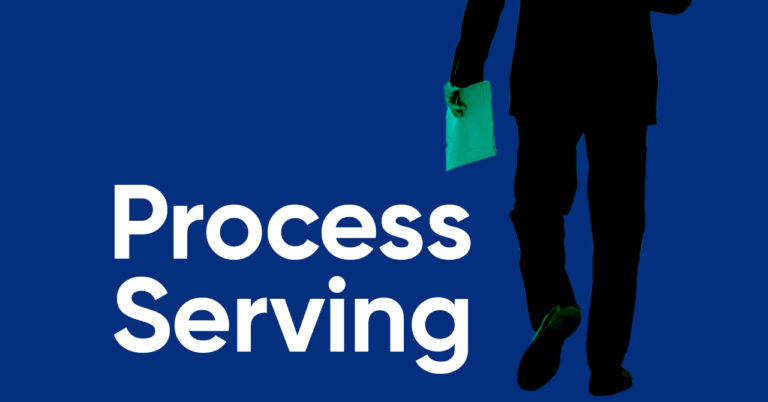Why Process Serving Still Matters in a Digital Court World
From virtual hearings to online filings, the justice system is going digital. But can technology truly replace the human element in process serving? The debate isn’t over for service of process.
Why Process Serving Still Matters in a Digital Court World Read Post







